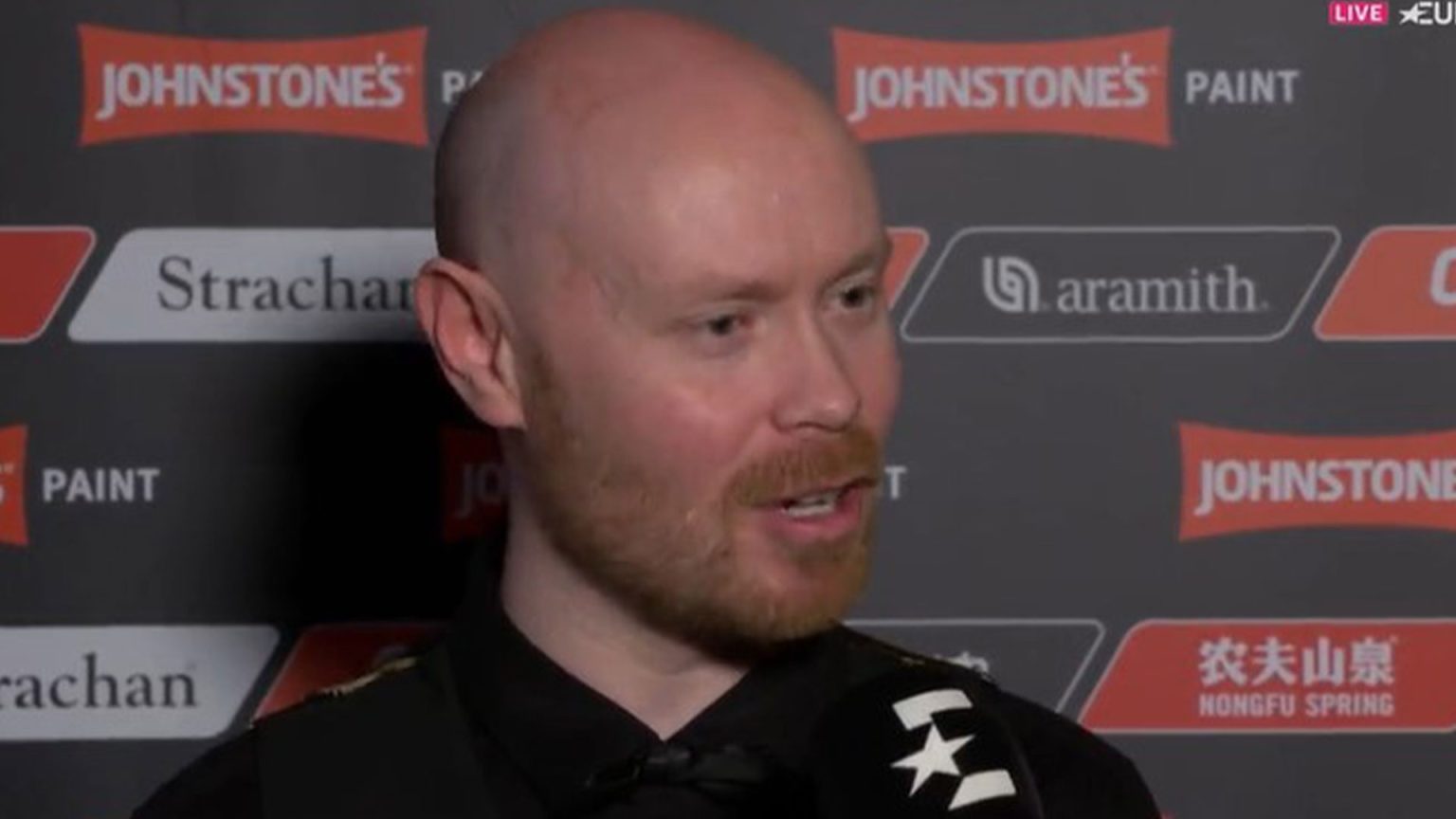Gary Wilson, a top-ranked snooker player, finds himself at a crossroads in his career after a disappointing first-round exit at The Masters, a prestigious snooker tournament. The 39-year-old athlete suffered a 6-3 defeat at the hands of Shaun Murphy, finding himself trailing 4-0 early in the match. This setback follows a string of poor performances this season, including finishing last in his Championship League group, winning just one out of six matches, and losing 18 of his 35 matches overall. Wilson’s struggles have left him disillusioned and questioning his passion for the sport, expressing apathy and a lack of motivation that deeply concerns him.
Wilson’s post-match interview revealed a disheartened player grappling with both technical and emotional challenges. He candidly admitted that his game has been off for a while, describing the increasing frustration as almost liberating in a strange way. This paradoxical feeling stems from the realization that his lack of concern signals a deeper issue – a loss of connection with the sport that once ignited his passion. He confessed to not feeling the usual buzz and adrenaline associated with competitive play, a stark contrast to his earlier experiences where the stakes held significant meaning. This detachment worries him, as it indicates a waning desire to compete and excel.
The weight of expectation and the pressure to perform have seemingly taken their toll on Wilson. He revealed that despite competing in The Masters for the first time, a significant achievement for any snooker player given its prestige and the opportunity to play at the iconic Alexandra Palace, he couldn’t derive any enjoyment from the experience. Every shot felt like a struggle, a battle against himself and his declining form. The yips, a psychological phenomenon affecting motor control, plagued his game, making even the simplest shots feel uncertain and difficult. This loss of control further exacerbated his frustration and contributed to his disconnection from the game.
The severity of Wilson’s predicament is underscored by his admission that he doesn’t know where to turn next. The usual remedies for a slump – practice, coaching, or mental training – seem to hold little appeal, perhaps because the root cause lies deeper than technical flaws or strategic shortcomings. He feels lost, unsure of how to reignite the spark that once propelled him to the top echelons of the sport. This sense of helplessness adds another layer of complexity to his situation, as he grapples not only with poor form but also with the existential question of his future in snooker.
Wilson’s struggles highlight the immense mental pressure that professional athletes endure. The constant demand to perform at the highest level, coupled with the scrutiny of the public and media, can take a significant toll on their mental well-being. In Wilson’s case, the pressure has manifested in a loss of enjoyment and motivation, raising concerns about his long-term prospects in the sport. While his candid admission of these challenges is admirable, it also paints a stark picture of the internal battles many athletes face behind the scenes.
The situation facing Wilson is a stark reminder that even the most accomplished athletes are not immune to the debilitating effects of performance anxiety and self-doubt. His story serves as a cautionary tale, illustrating the importance of mental health and emotional well-being in professional sports. Whether Wilson can rediscover his passion for snooker remains to be seen, but his experience underscores the need for greater awareness and support for athletes grappling with the psychological demands of their chosen profession. His future in the sport is uncertain, hanging in the balance as he navigates this difficult period in his career.










